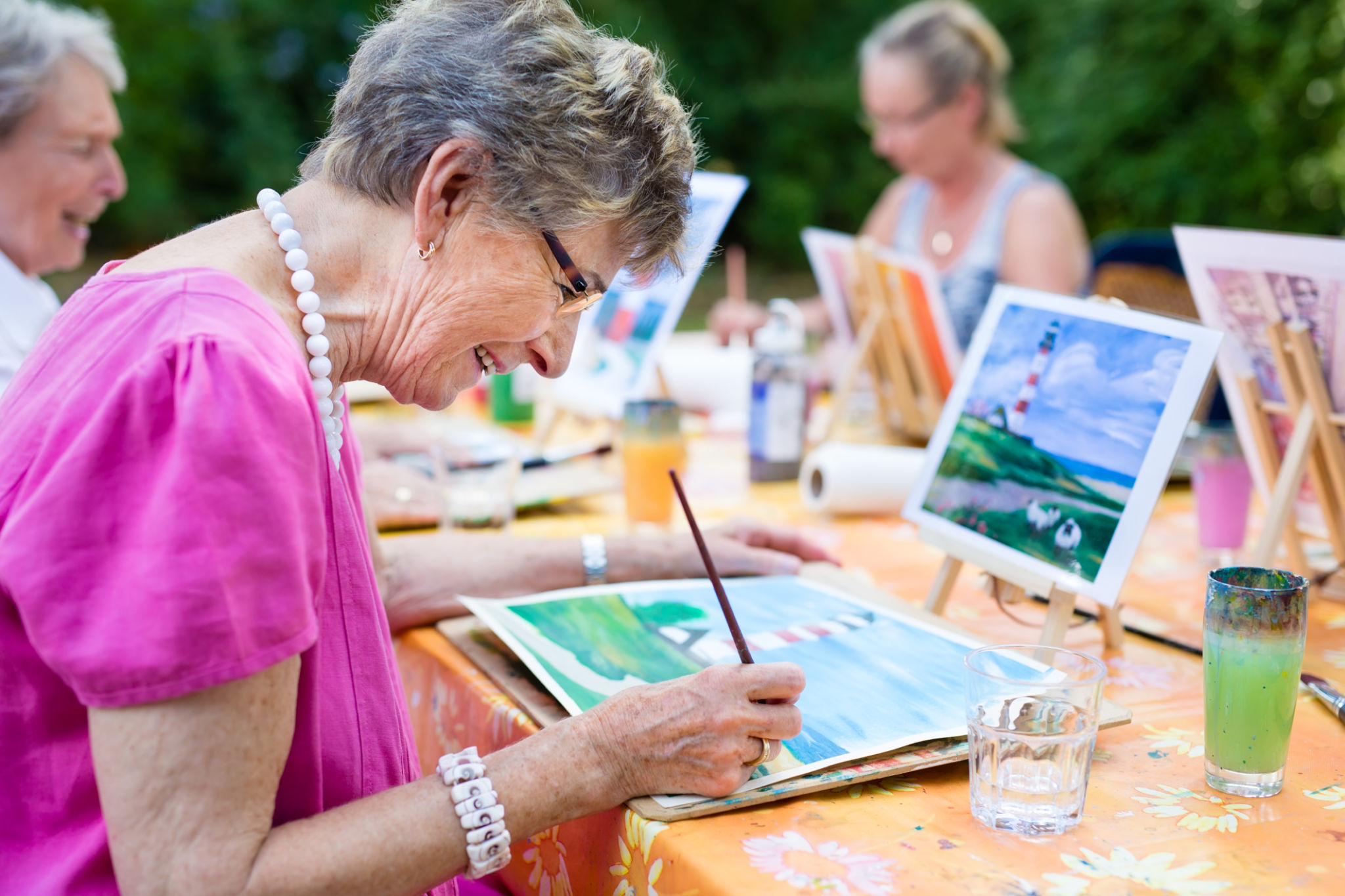How-To: Creating a Supportive Community for Seniors in Shared Housing
Understanding the Importance of Community in Shared Housing
Creating a supportive community for seniors in shared housing is essential to ensure their well-being and enhance their quality of life. As seniors age, companionship and a sense of belonging become increasingly important. A strong community can provide not only social interaction but also emotional support and practical assistance.
Shared housing offers a unique opportunity for seniors to stay connected and engaged with others. It allows them to maintain their independence while benefiting from the support and camaraderie of their peers. This setup can significantly contribute to their mental and emotional health, reducing feelings of isolation and loneliness.

Designing the Physical Environment
The physical setting of shared housing plays a crucial role in fostering a supportive community. Creating common areas that are inviting and accessible encourages interaction among residents. Consider designing spaces such as shared kitchens, dining areas, and lounges where seniors can gather comfortably.
Accessibility is another important factor. Ensure that all areas are easily navigable for those with mobility challenges. Safety features, like non-slip flooring and handrails, should be integrated into the design to promote confidence and autonomy among residents.

Creating Programs and Activities
Organizing regular activities is a fantastic way to bring residents together and strengthen bonds. Consider planning a variety of events, such as group exercise classes, book clubs, and game nights. Activities that cater to diverse interests help ensure that all residents feel included.
Encouraging residents to take part in organizing these activities can also foster a sense of ownership and pride in their community. This participatory approach can lead to more meaningful engagement and help build stronger relationships among community members.

Facilitating Open Communication
Open communication is vital in any community setting, especially in shared housing for seniors. Establishing regular meetings where residents can voice their concerns and suggestions is a good practice. These meetings should be welcoming environments where everyone feels heard and respected.
In addition to formal meetings, consider setting up informal communication channels, such as suggestion boxes or a community bulletin board. These can serve as platforms for residents to share their thoughts and stay informed about upcoming events and changes.

Encouraging Peer Support
Peer support is a powerful tool in creating a nurturing atmosphere within shared housing communities. Encourage residents to look out for one another and create opportunities for them to offer assistance, whether it’s through carpooling for errands or simply having regular check-ins with each other.
Implementing a buddy system can be particularly effective. Pairing residents together fosters deeper connections and ensures that everyone has someone they can rely on in times of need.
Involving Families and Volunteers
Involving families and volunteers in the community can further enhance the support network for seniors. Family members can be encouraged to participate in activities or visit regularly, offering additional companionship and assistance.
Volunteers from the local community can also play a key role. They can help organize events, provide transportation, or simply spend time with residents who may not have family nearby. Their involvement can bring fresh energy and ideas into the community.

Fostering an Inclusive Culture
A truly supportive community is one that embraces diversity and inclusivity. It's important to respect individual differences and ensure that all residents feel valued regardless of their background or abilities.
Create opportunities for cultural exchange and learning within the community by celebrating various traditions and encouraging residents to share their unique experiences. This not only enriches the community but also promotes mutual understanding and respect among its members.
